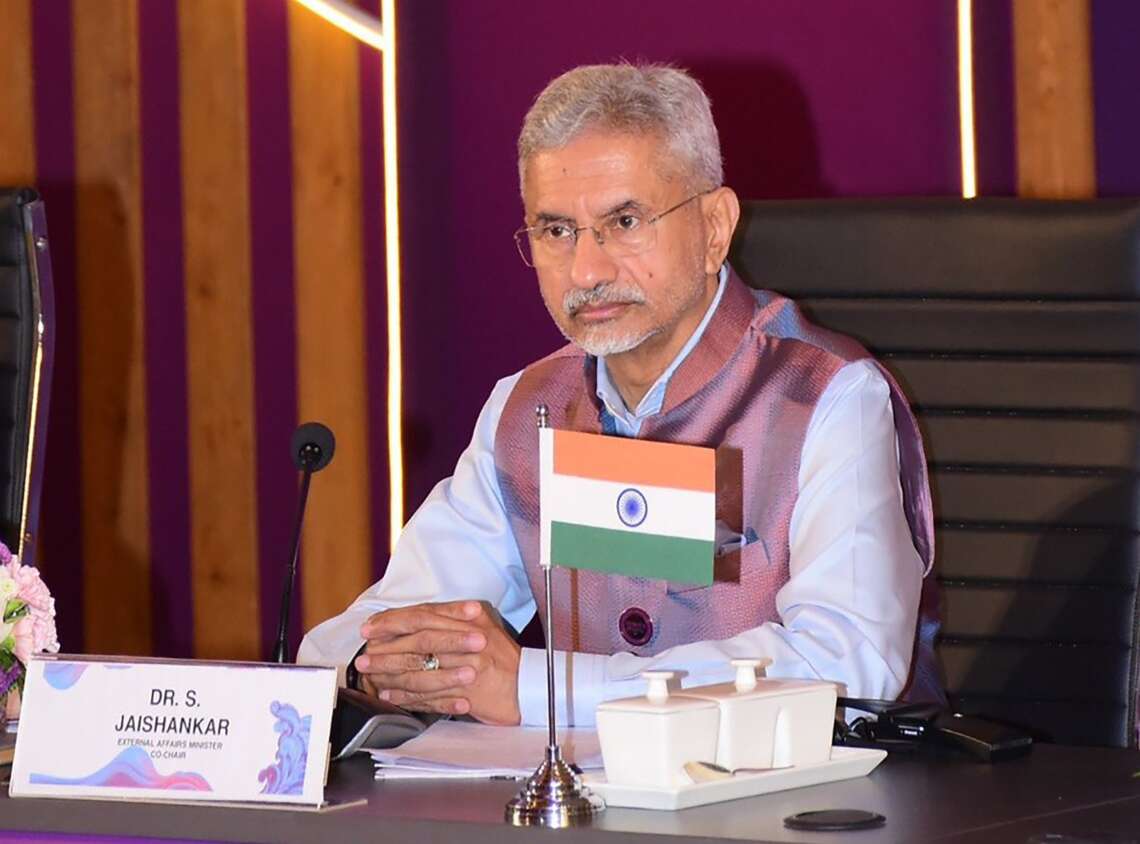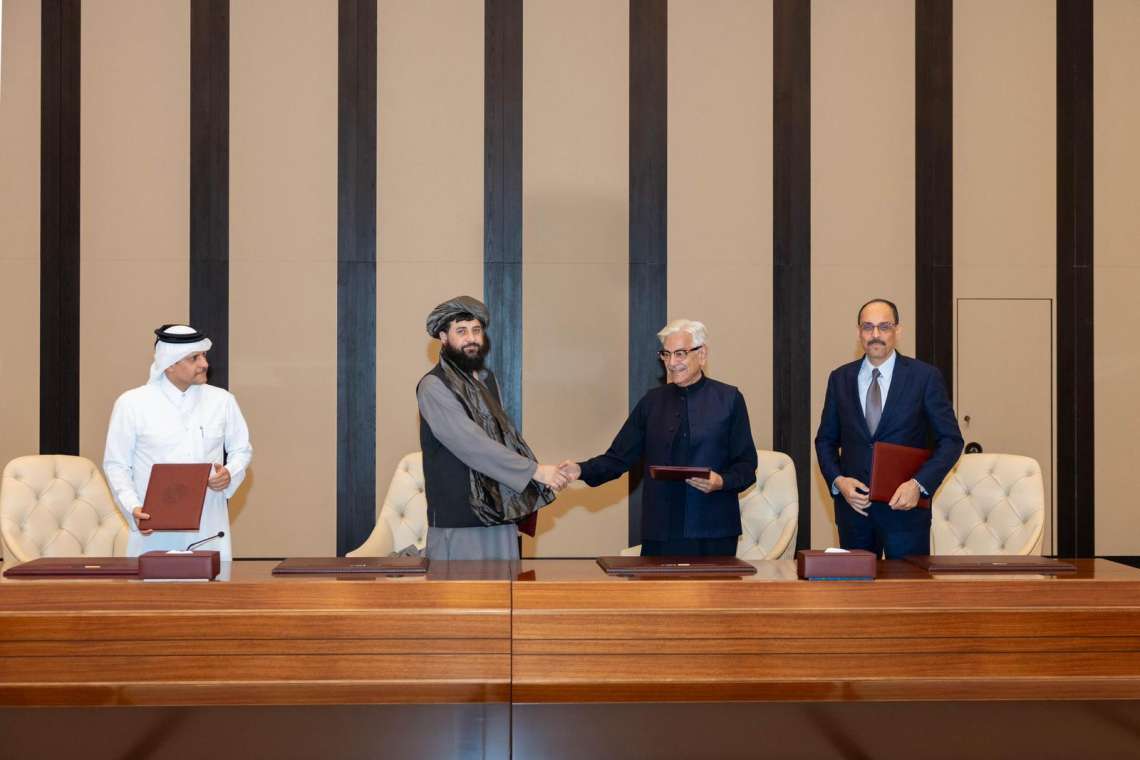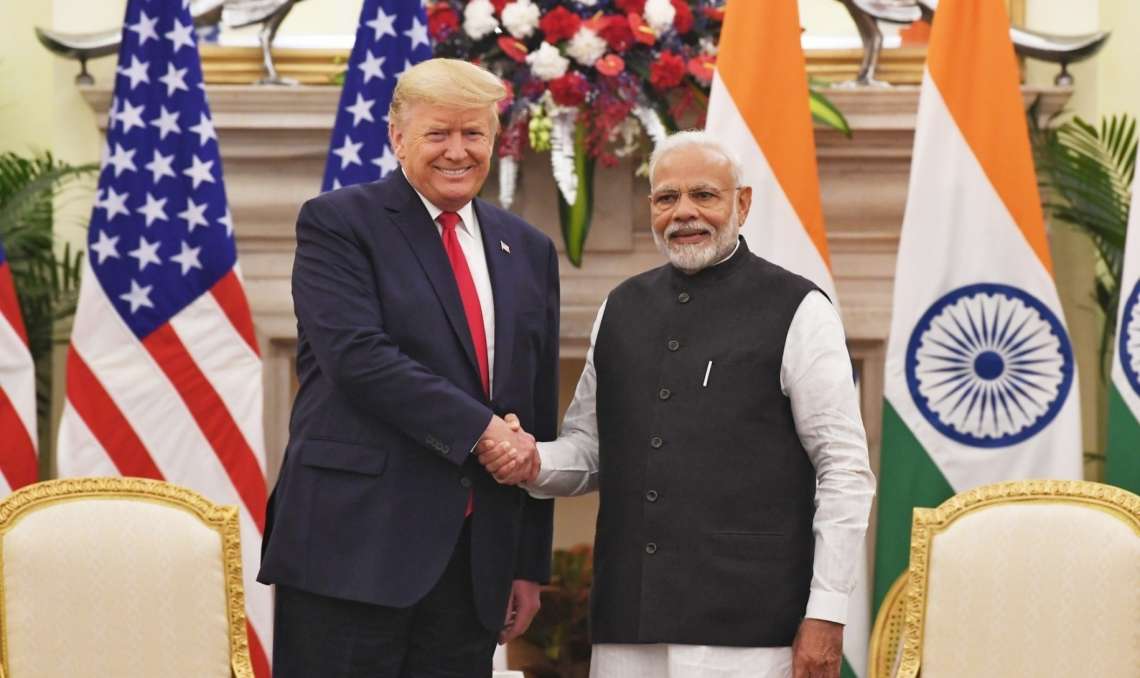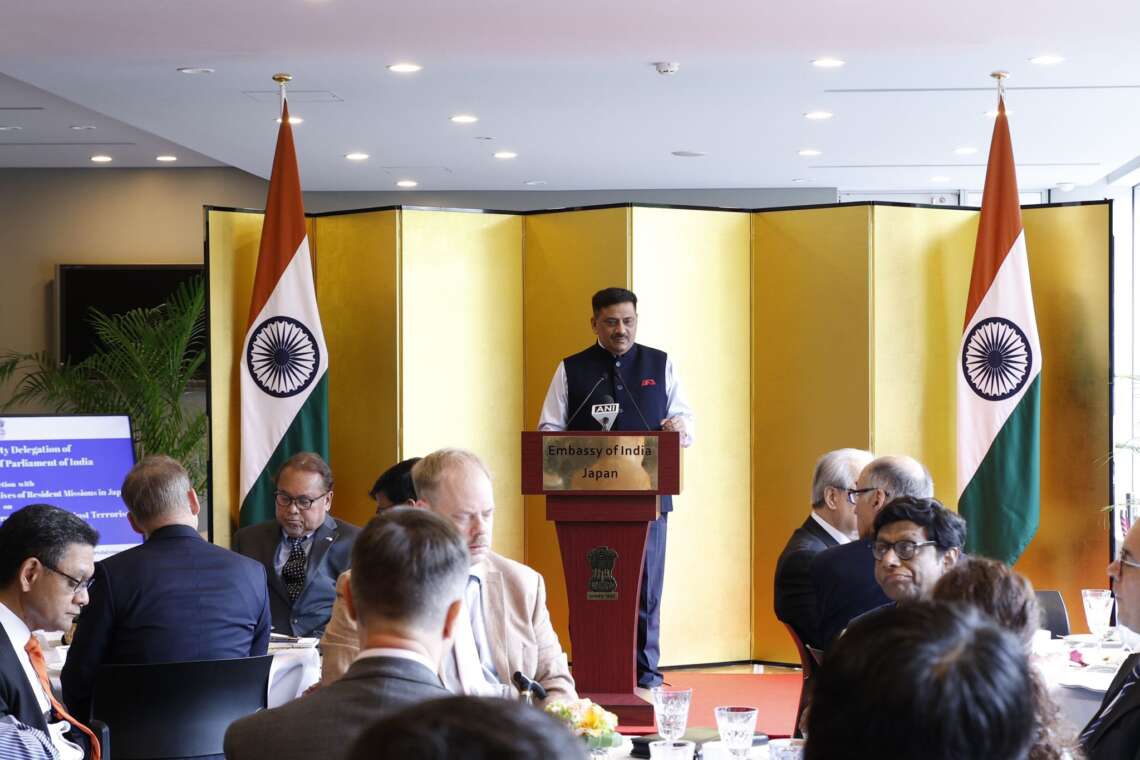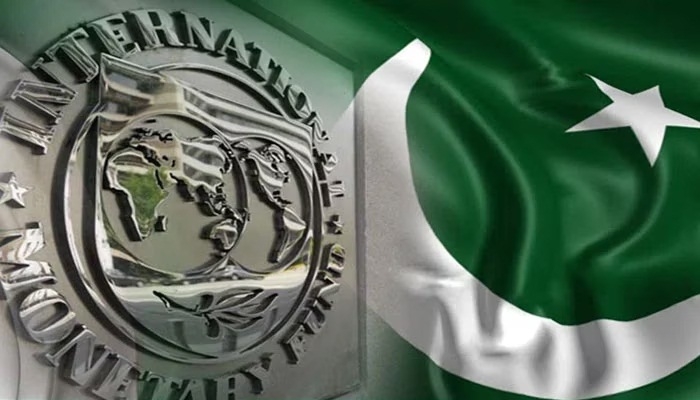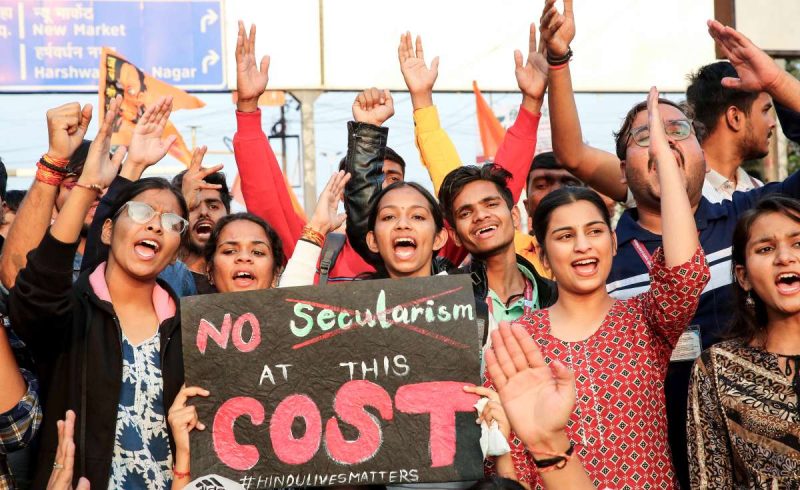He reaffirmed India’s openness to dialogue, but underscored that any talks must be grounded in seriousness and a clear commitment to ending cross-border terrorism
In a firm rebuttal to former U.S. President Donald Trump’s recent claim, External Affairs Minister S. Jaishankar clarified that the ceasefire between India and Pakistan was the outcome of direct bilateral engagement, without any third-party mediation.
Speaking during an interview in the Netherlands, Jaishankar emphasized India’s long-standing position that its issues with Pakistan, including the Kashmir dispute, must be resolved through direct dialogue between the two nations.
“This is something that only India and Pakistan need to settle directly,” Jaishankar stated.
He reaffirmed India’s openness to dialogue, but underscored that any talks must be grounded in seriousness and a clear commitment to ending cross-border terrorism.
“We are always ready to talk, but the talks must be serious and should focus on stopping terrorism,” he added.
Jaishankar’s remarks came in response to Trump’s recent assertion that the United States had helped broker peace in what he referred to as a “thousand-year conflict” between India and Pakistan. India has consistently maintained that third-party mediation is neither needed nor appropriate in bilateral matters, particularly those involving national security and sovereignty.
In the same interview, Jaishankar delved into the historical roots of the Indo-Pak conflict, noting that Pakistan’s aggression began shortly after Partition in 1947, when it sent fighters disguised as tribal militias into Jammu and Kashmir. He pointed out that many of these fighters were later confirmed to be Pakistani soldiers.
“Over many years, Pakistan has followed a path of extremism and has used terrorism across the border to put pressure on India,” Jaishankar said.
Tensions between the two nations escalated again following the April 22 terrorist attack in Pahalgam, which claimed the lives of 26 individuals, including a Nepali national. In response, India launched Operation Sindoor, a precision military campaign targeting nine key terror hubs in Pakistan and Pakistan-occupied Kashmir (PoK).
According to official sources, more than 100 terrorists affiliated with groups like Jaish-e-Mohammed (JeM), Lashkar-e-Taiba (LeT), and Hizbul Mujahideen were neutralised during the operation.
India continues to advocate for a zero-tolerance policy on terrorism while asserting that peace in the region can only be achieved through responsible dialogue between sovereign states.


